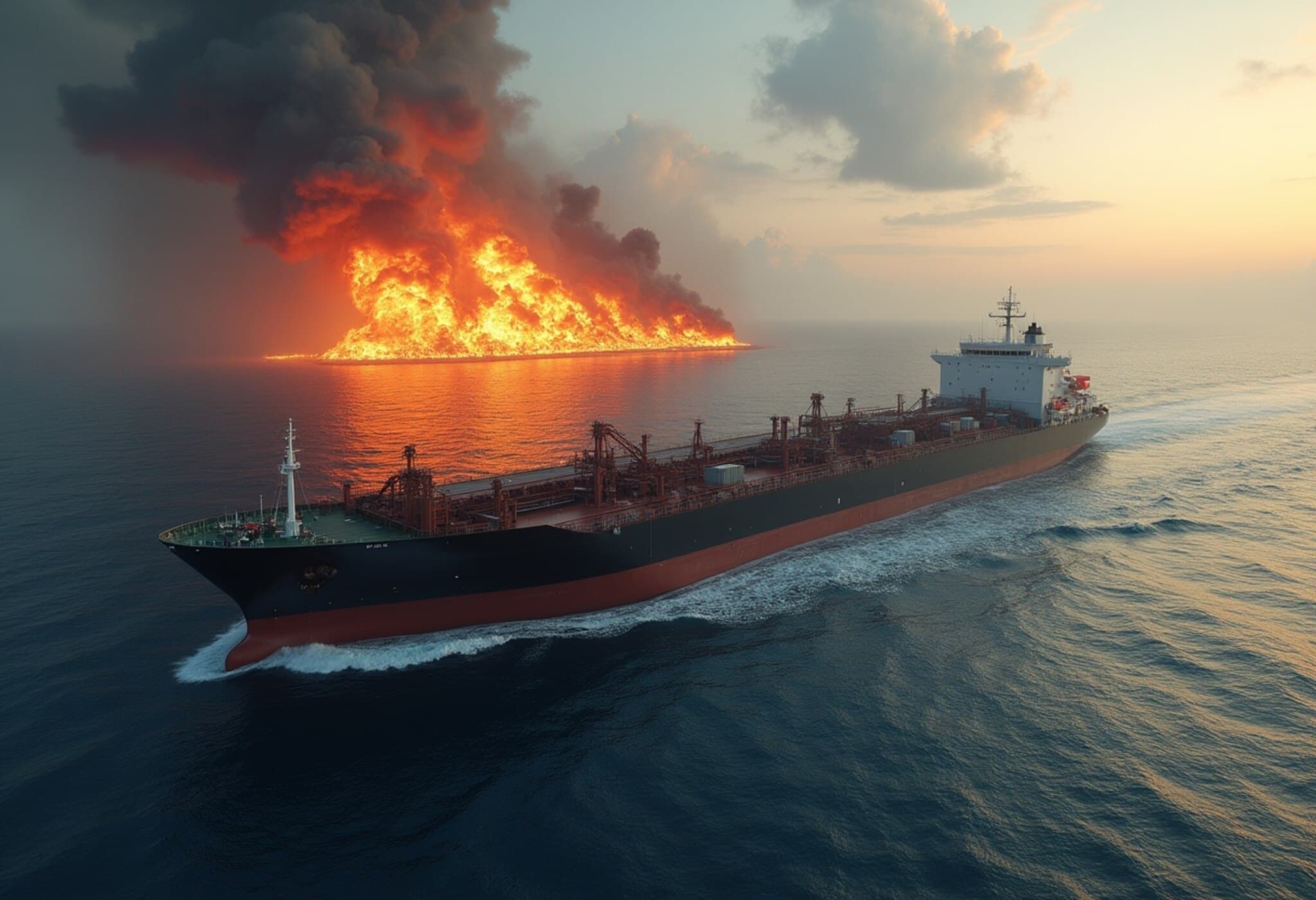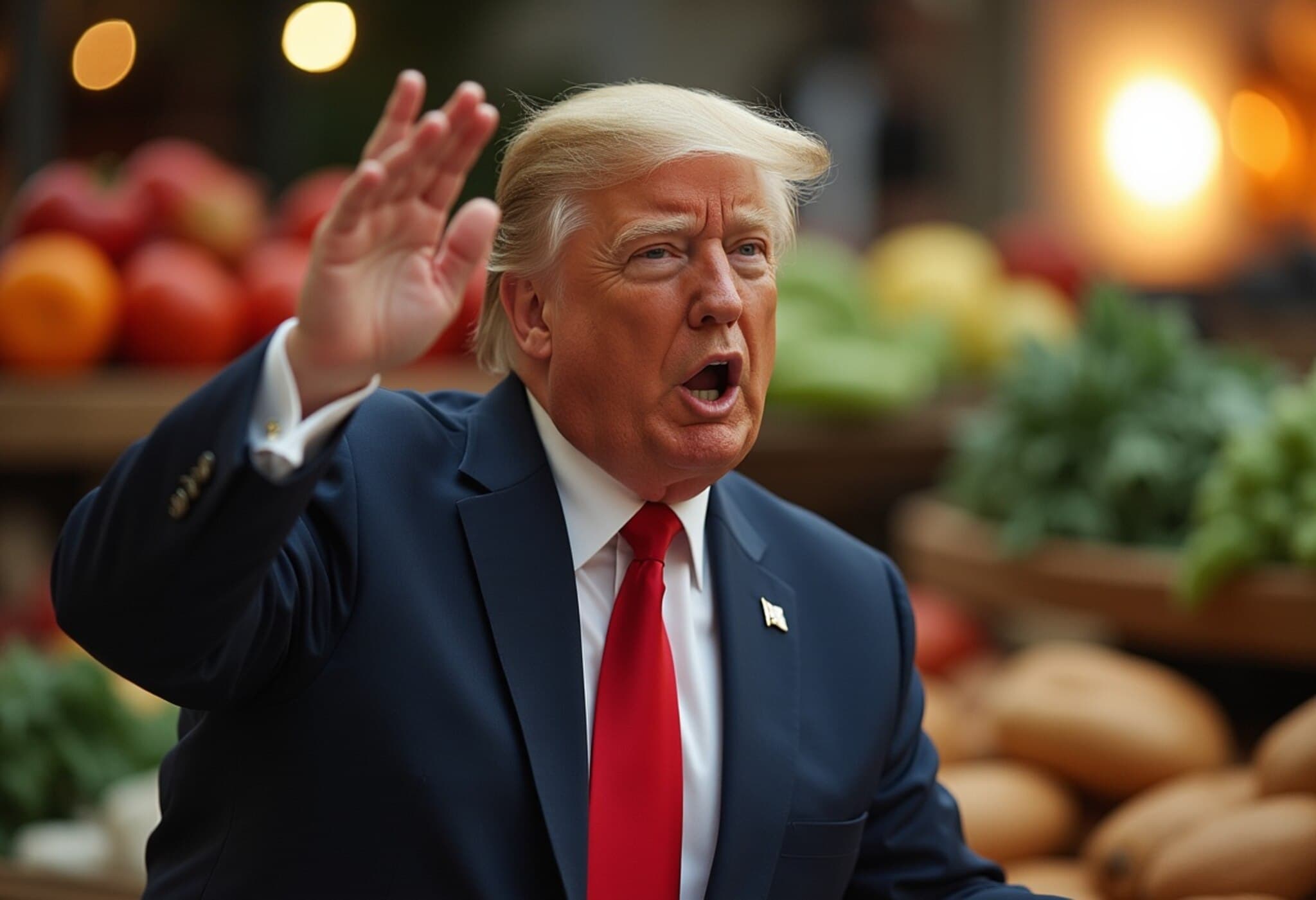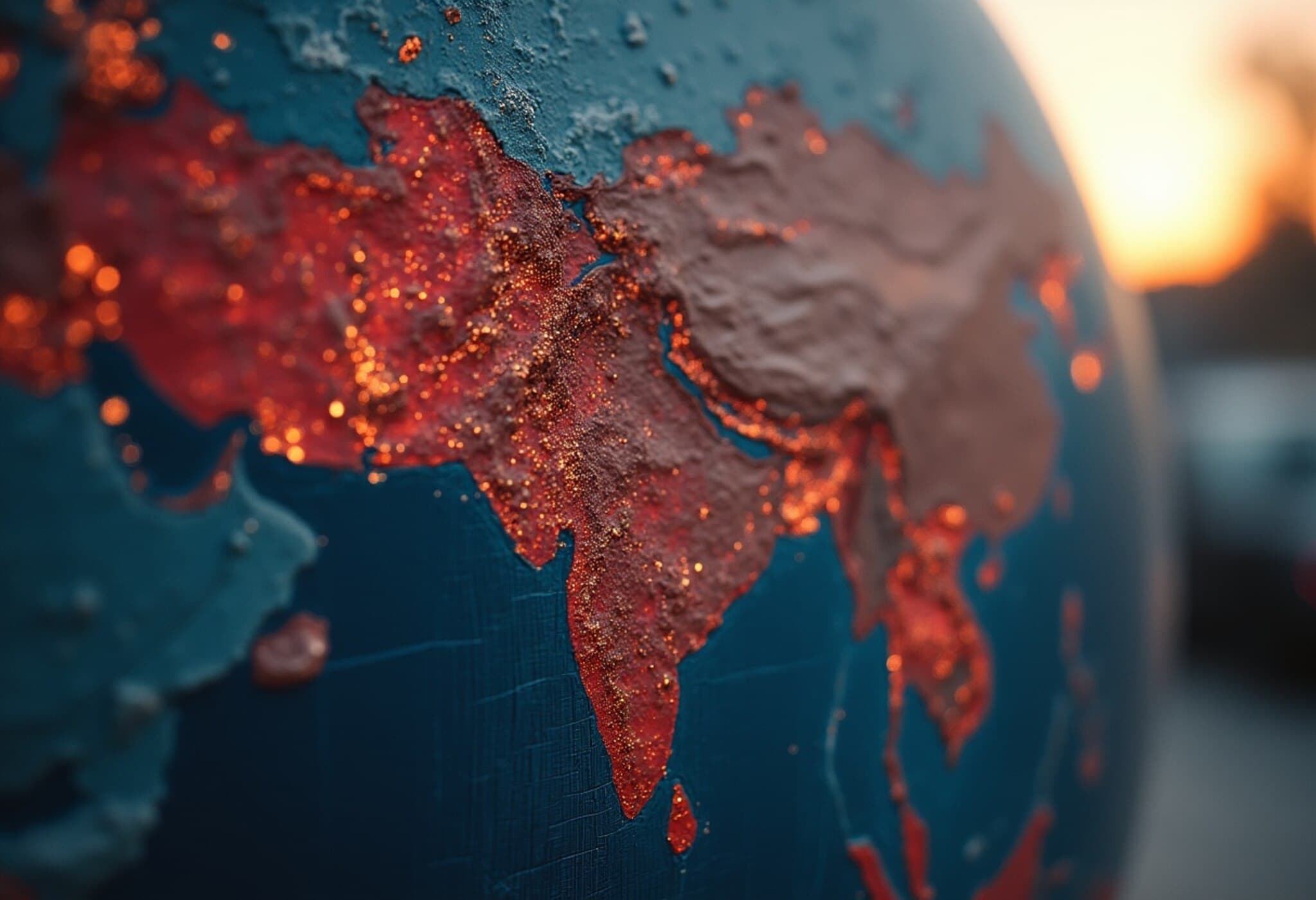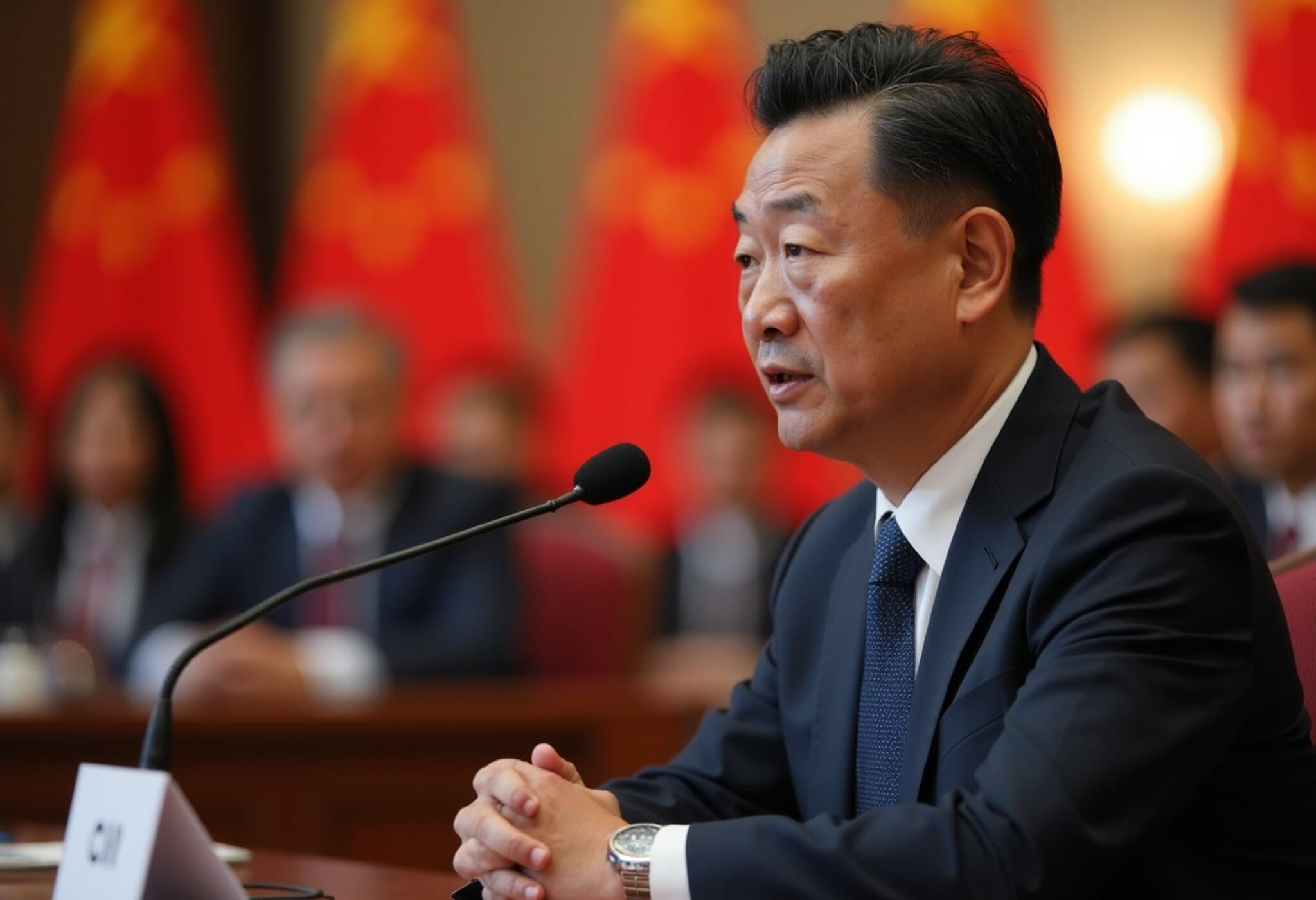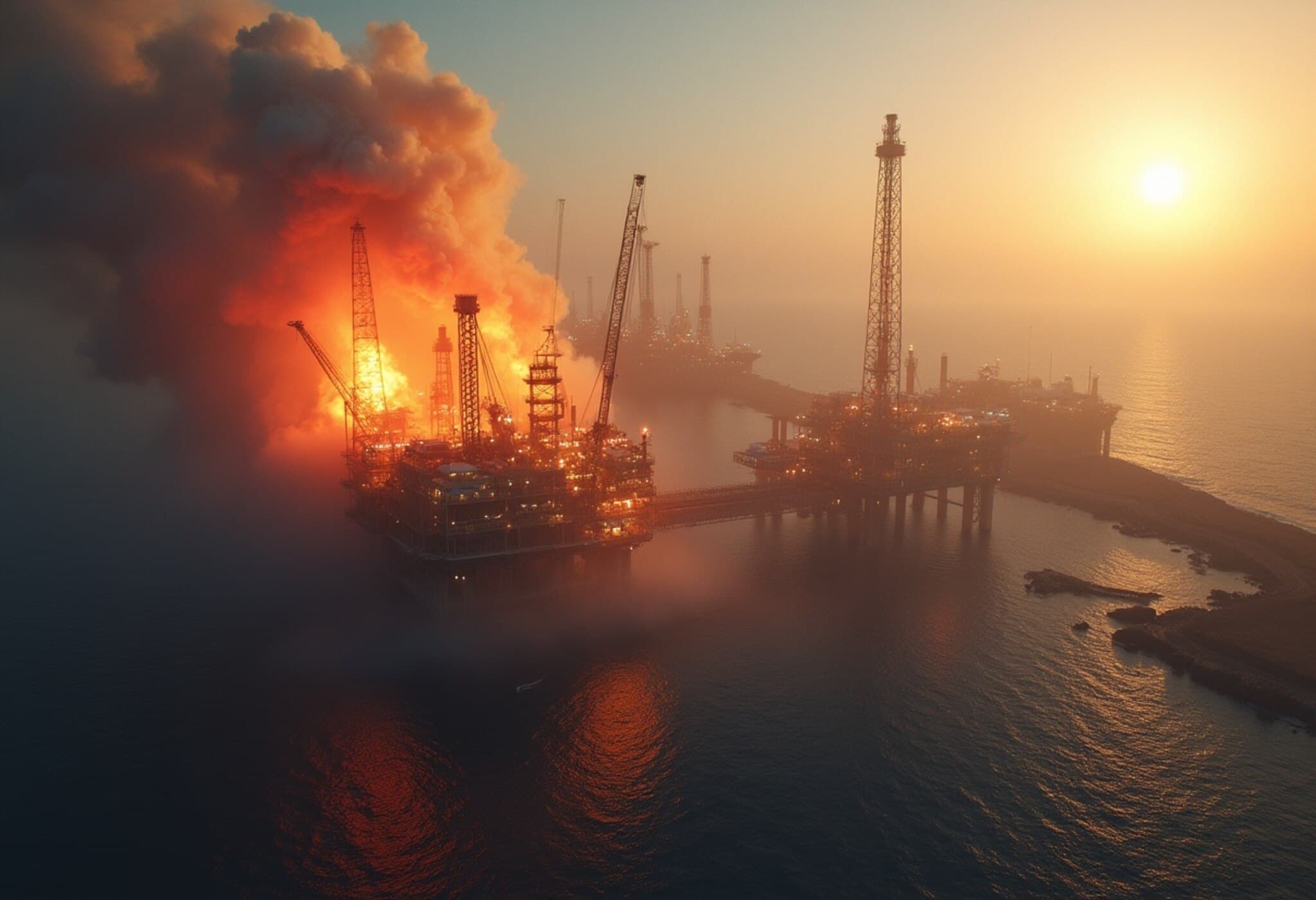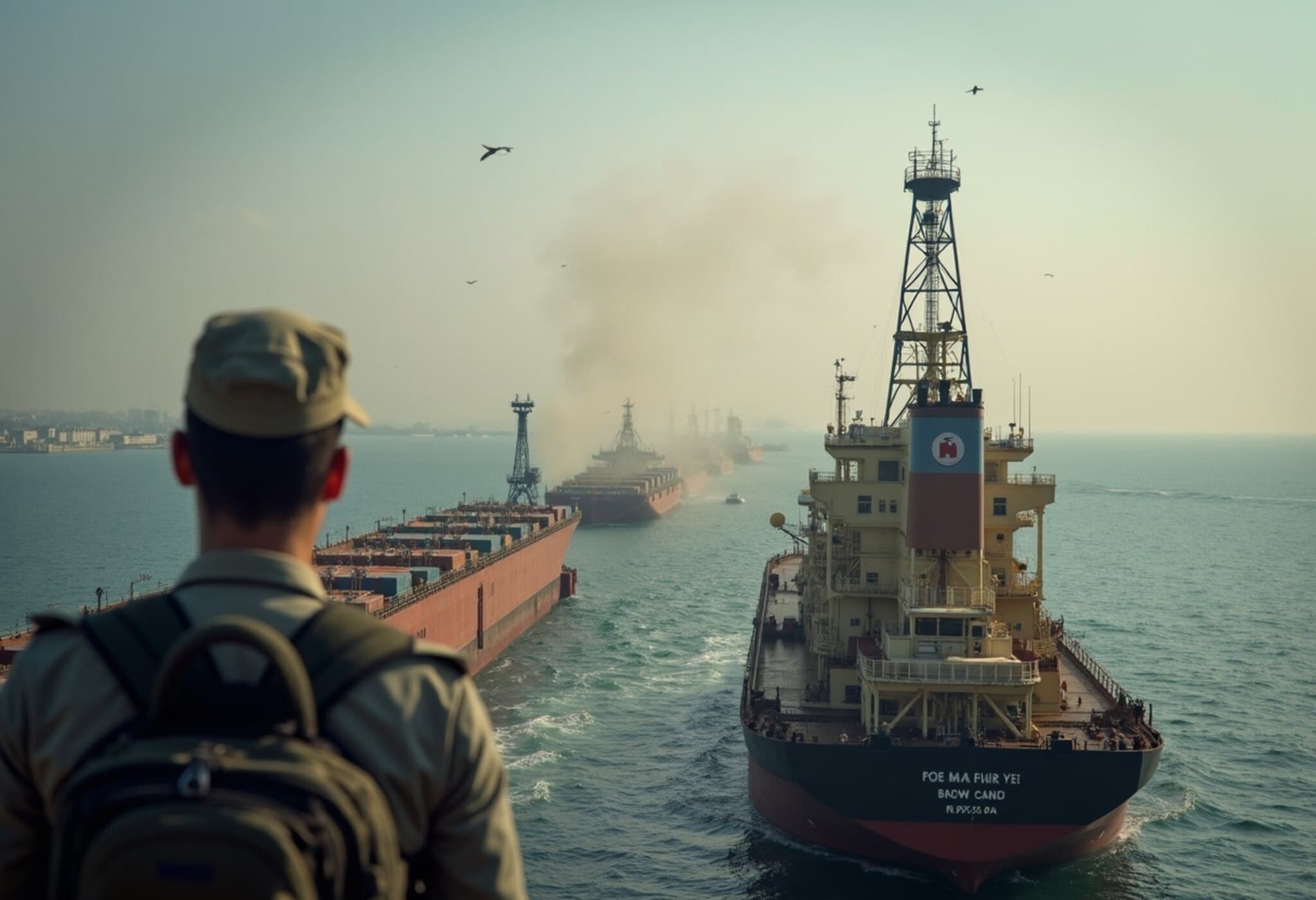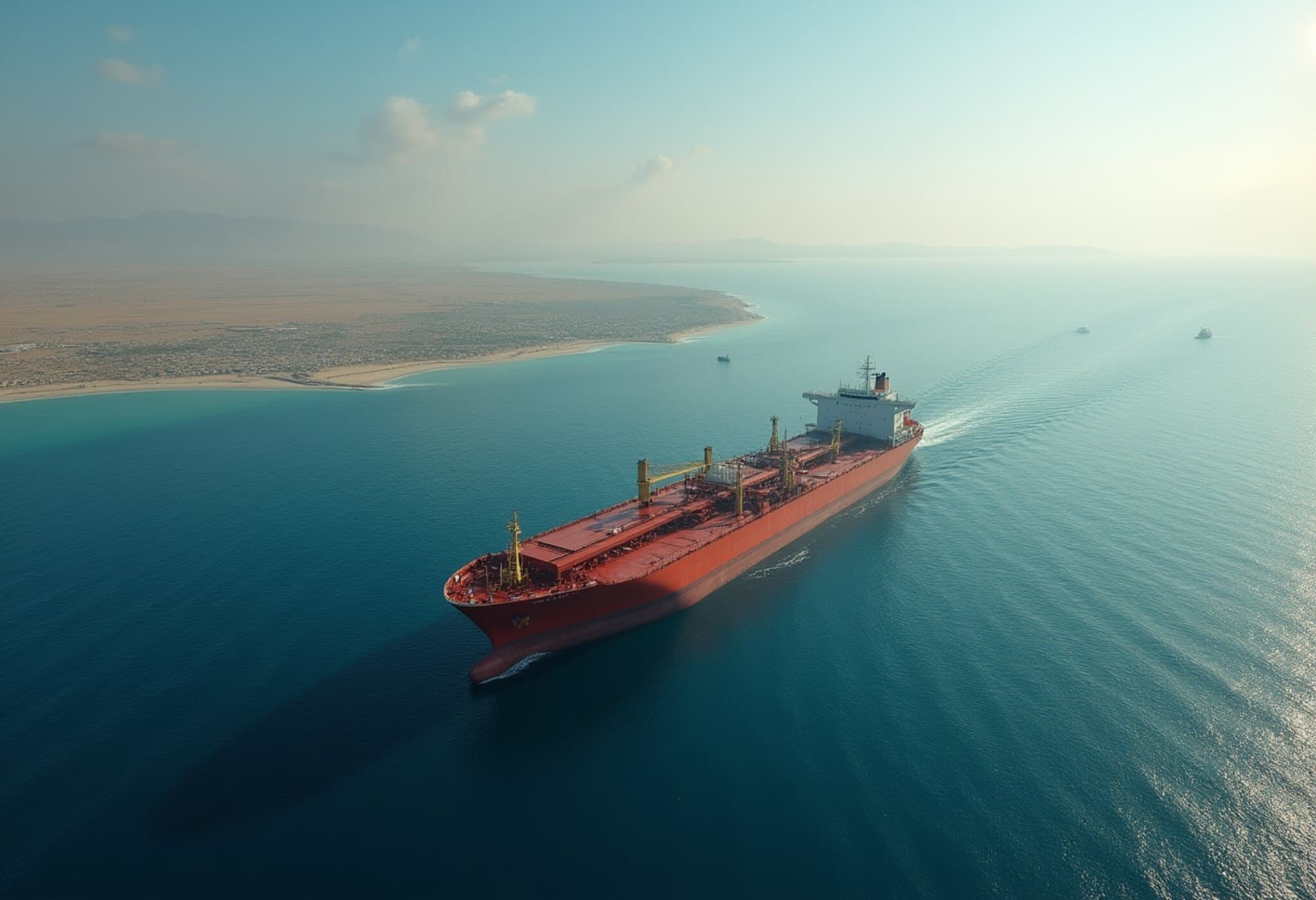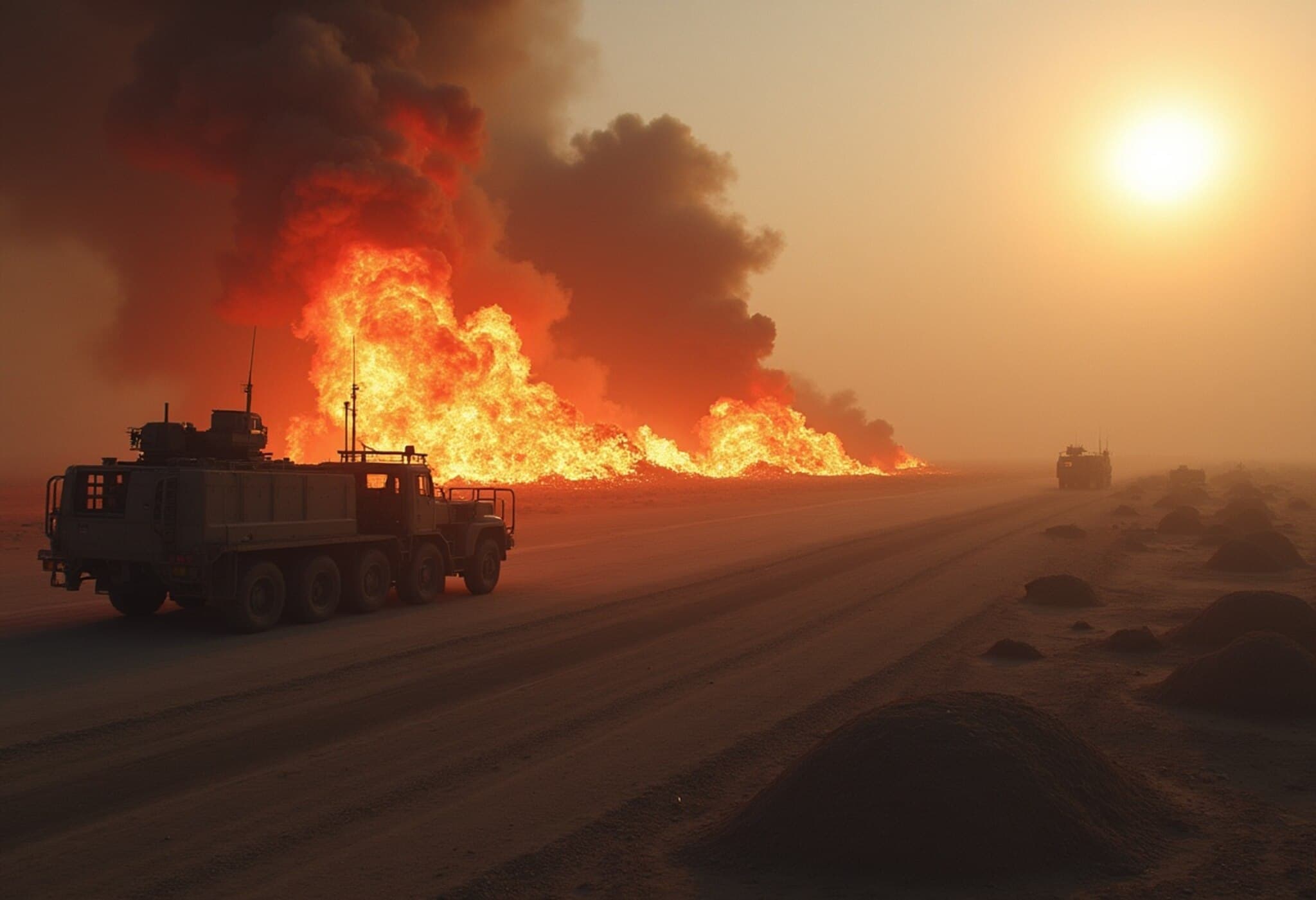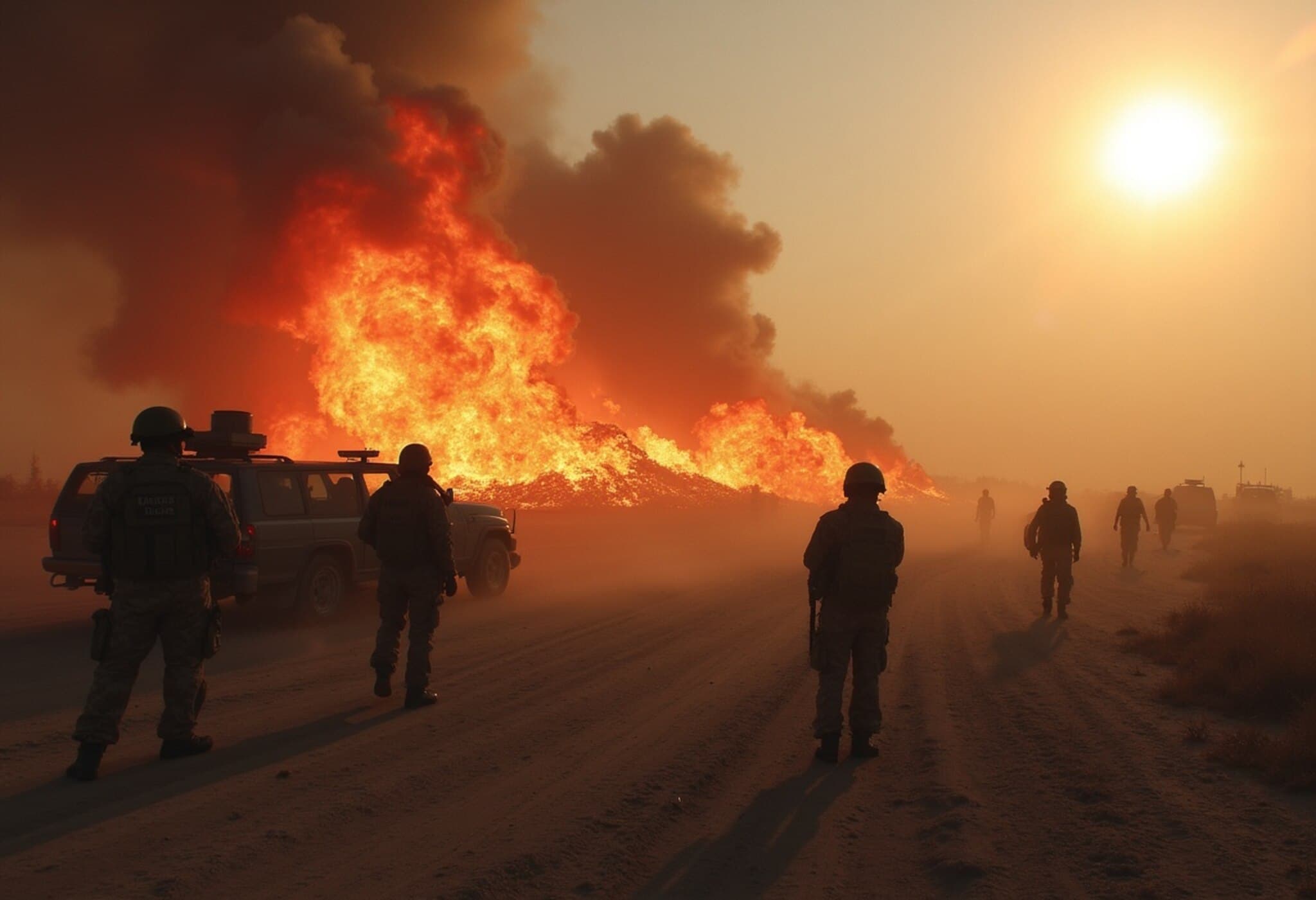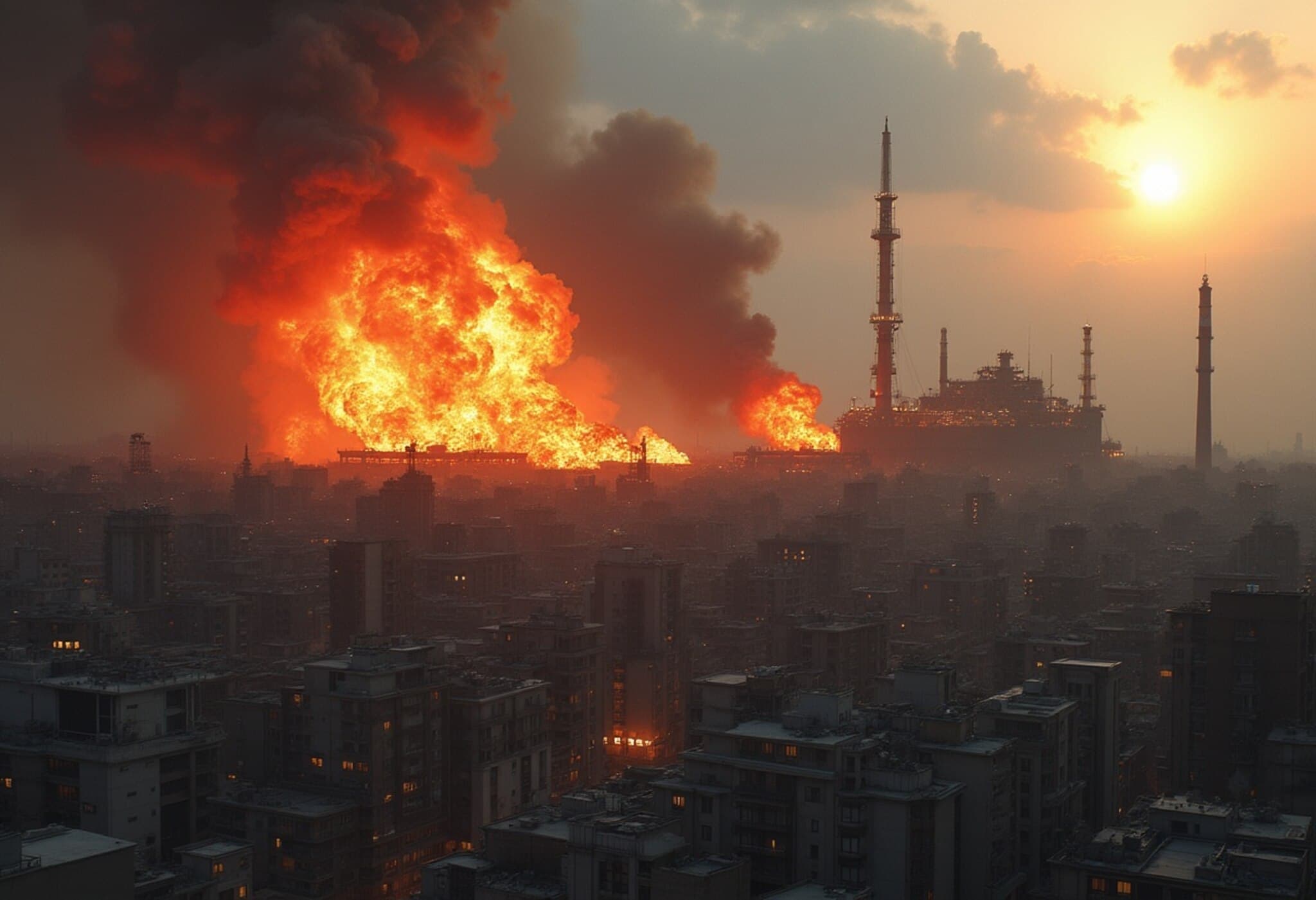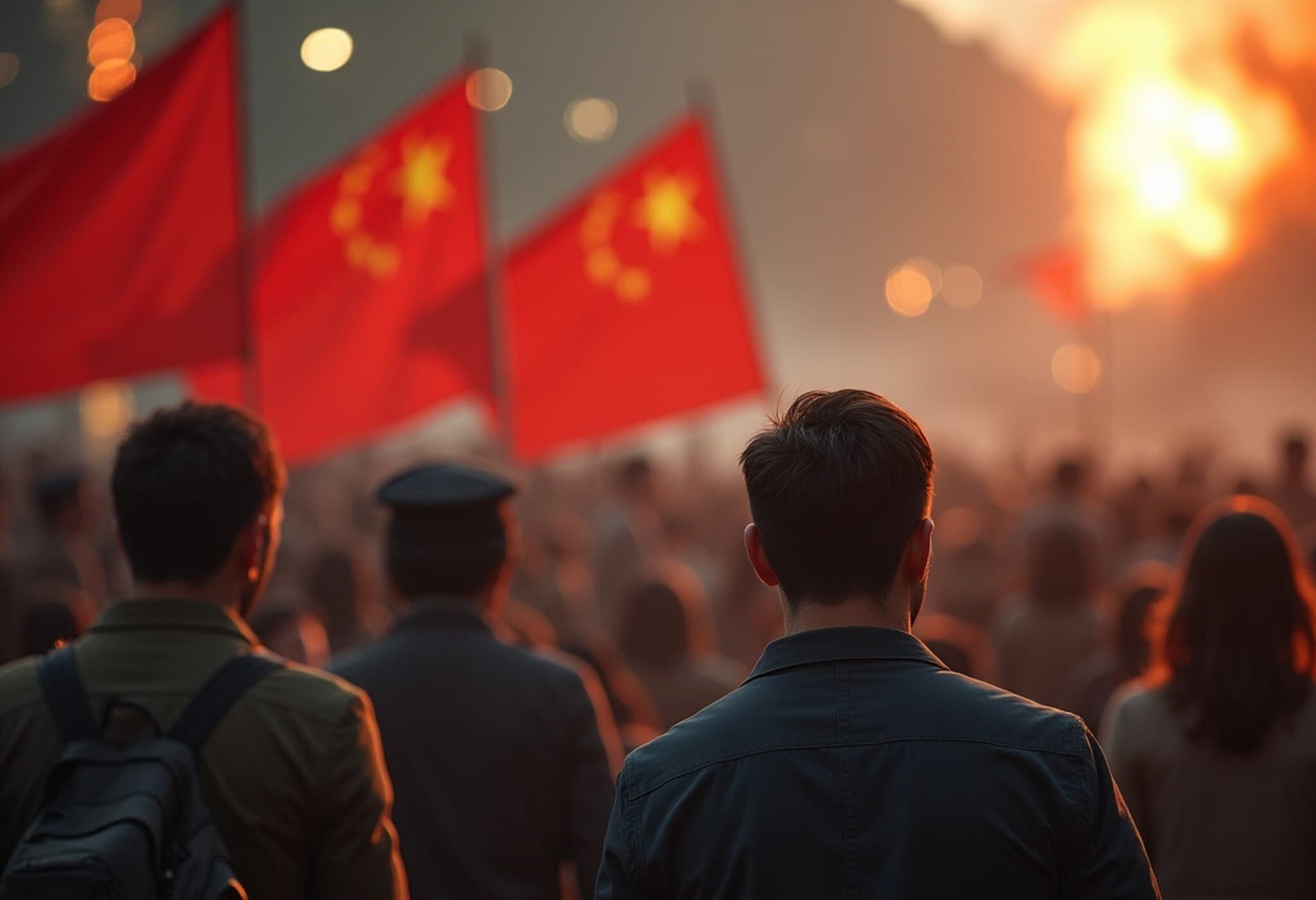U.S. Appeals to China to Deter Iranian Threats at Strait of Hormuz
In a striking diplomatic move, the U.S. Secretary of State recently urged China to leverage its influence over Iran to prevent any attempt to shut down the Strait of Hormuz, a crucial artery for global oil shipments. This plea comes amid escalating tensions following recent U.S. airstrikes that have provoked Iran to signal potential retaliatory actions.
Why the Strait of Hormuz Matters
The Strait of Hormuz is a narrow waterway separating Iran and Oman, serving as a gateway for approximately 20 million barrels per day of crude oil—accounting for around 20% of the world's oil supply.
A blockade or disruption here could ripple across global markets, driving crude prices steeply upward and threatening economic stability worldwide.
China’s Crucial Role
China stands as Iran’s largest oil buyer and maintains generally warm diplomatic ties with Tehran. Secretary of State Marco Rubio explicitly called on Beijing to discourage Iran from taking drastic steps that would imperil this vital shipping lane.
“I encourage the Chinese government in Beijing to call them about that, because they heavily depend on the Straits of Hormuz for their oil,” Rubio stated.
Iran’s Position and Potential Consequences
Iran has publicly declared that it “reserves all options to defend its sovereignty” following recent U.S. military operations. State-linked sources suggest Iran’s parliament has considered closing the strait, though such a decision ultimately requires approval by the national security council.
For Iran, closing the Strait would be economic suicide, as the country exports a significant share of its oil through this very corridor — Iran produces 3.3 million barrels per day, exporting about 1.6 million barrels daily, with nearly 80% destined for China.
Global Economic Impact and Military Outlook
Experts warn that shutting the Strait could catapult oil prices north of $100 per barrel if the disruption stretches on, according to projections from investment banks and energy consultancies.
Although some analysts believe the risk of closure remains low, given that the U.S. would likely see such an act as a declaration of war, others caution the situation could be more volatile than anticipated.
Bob McNally, a seasoned energy consultant, argued the disruption could last weeks or months rather than just days, challenging assumptions that the U.S. Navy would quickly secure the passage.
Currently, the U.S. Fifth Fleet, based in Bahrain, holds the responsibility for safeguarding maritime traffic in the Persian Gulf, signaling readiness to respond rapidly to any threat.
Looking Ahead
Secretary Rubio emphasized the broad international stake in maintaining the Strait’s openness, calling any closure a "massive escalation" warranting not just U.S. but collective global response.
As diplomatic efforts continue, eyes remain on Beijing’s role in mitigating escalating tensions and preserving the flow of energy at this strategic chokepoint.

